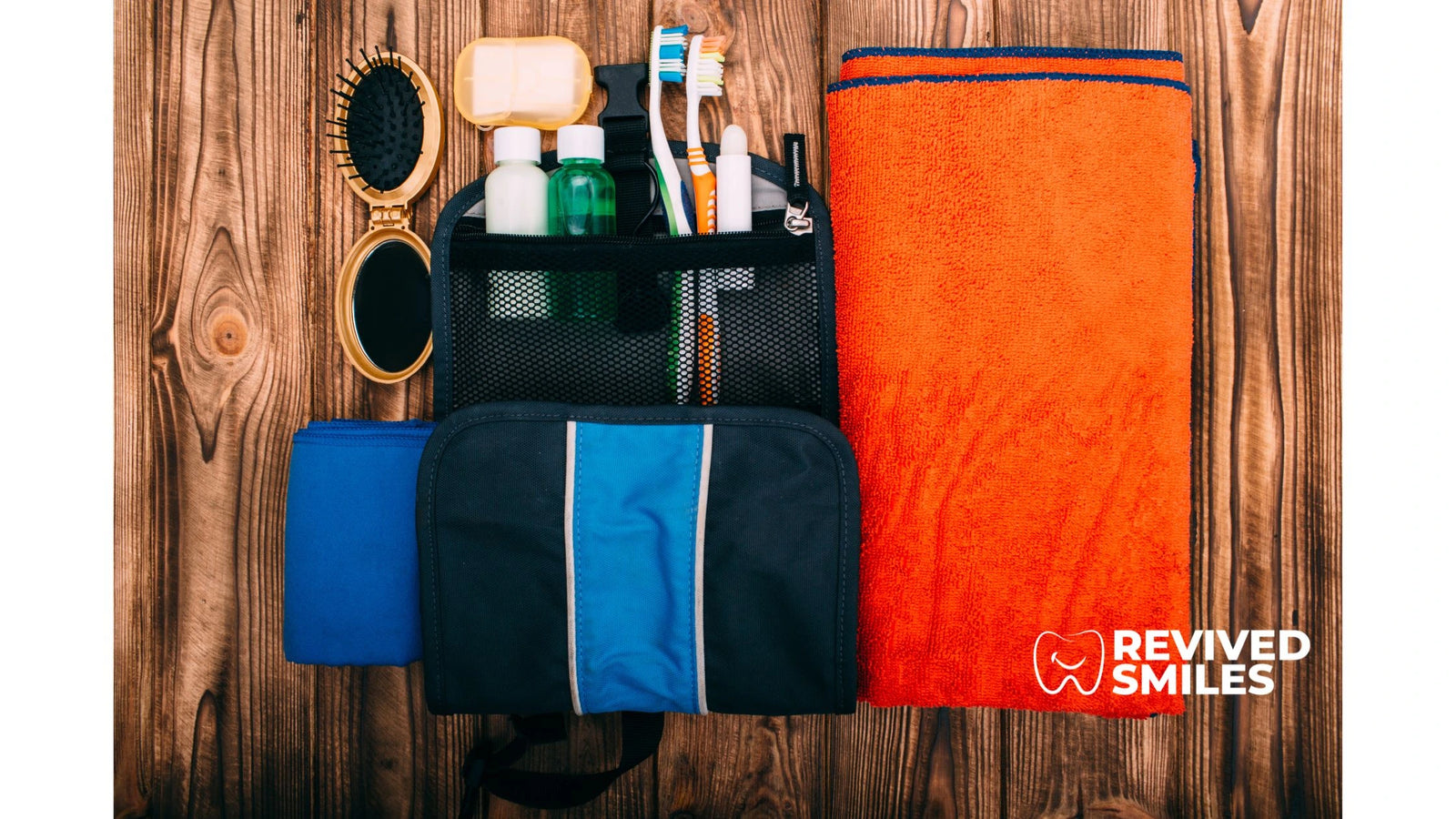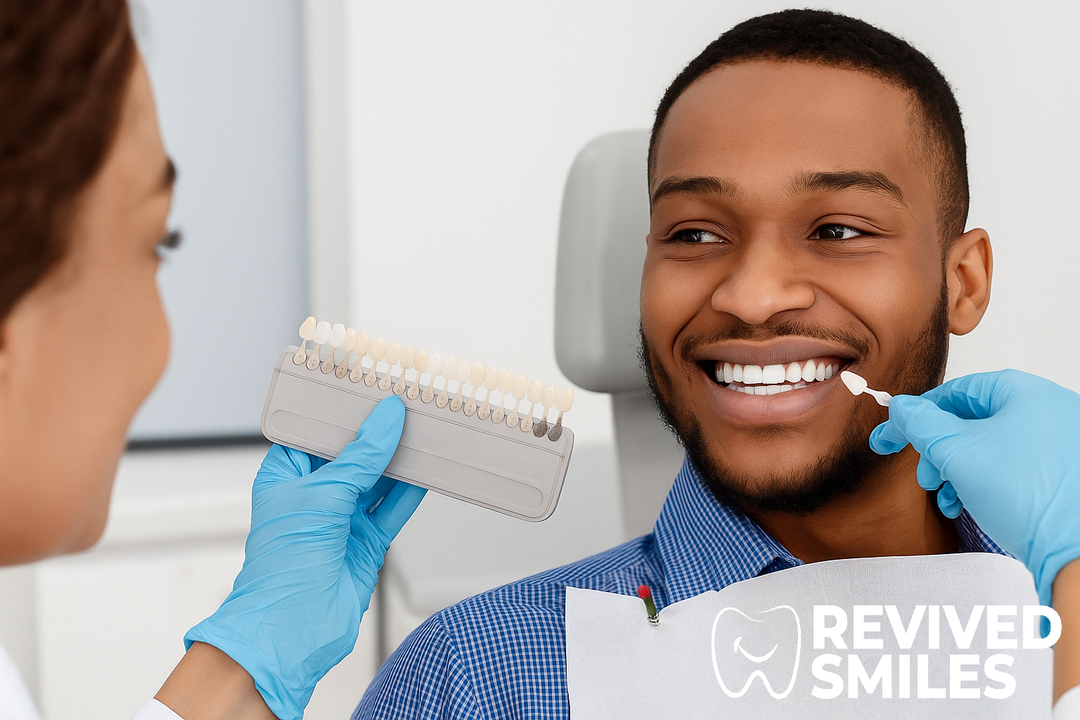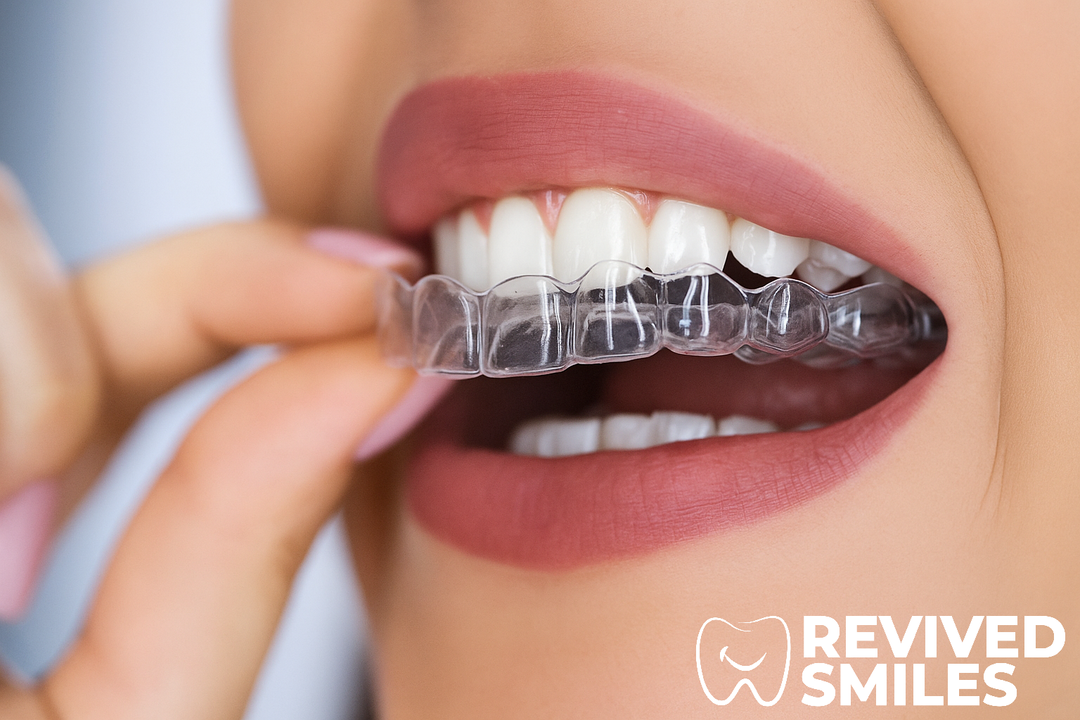The Ultimate Guide to Traveling With a Dental Appliance

Traveling with dental prosthetics—such as dentures, bridges, or implants—requires special considerations to ensure both the longevity of the prosthetic and the comfort and health of the wearer. Here's a comprehensive guide to help those with dental prosthetics travel more comfortably and effectively.
1. Pre-Travel Preparation
Consult Your Dentist: Before planning extended travel, a check-up with your dentist is crucial. They can ensure that your prosthetics are in good condition and provide professional cleaning. They may also give specific advice tailored to your dental needs.
Insurance and Documentation: Make sure your travel insurance covers dental emergencies. Carry a dental health card or a letter from your dentist describing your dental condition and the specifics of your prosthetics. This can be very helpful if you require dental care while abroad.
Packing Essentials: Pack a dental care kit that includes:
- Your dental prosthetic cleaning solutions and brushes.
- A denture case for safely storing your prosthetics when not in use.
- Any necessary dental adhesives.
2. During the Travel
Handling Air Pressure Changes: During flights, changes in cabin pressure can cause discomfort, especially for those with recent dental work or certain types of prosthetics. Yawning and swallowing can help equalize the pressure.
Hydration: Staying hydrated is important, as a dry mouth can be uncomfortable and may harm the prosthetics. Water is best, but avoid beverages that can stain or damage the prosthetics, like coffee or tea.
Eating Tips: When on the move, choose soft foods that are easier on your prosthetics. Avoid sticky or hard foods that might dislodge or damage them.
3. Managing Dental Prosthetics While Traveling
Daily Care Routine: Maintain a regular cleaning routine just as you would at home. This means brushing the prosthetics daily with appropriate cleaners, not toothpaste, which can be abrasive.
Dealing with Discomfort: If you experience discomfort, rinse your mouth with salt water or use topical oral anesthetics recommended by your dentist. Always have over-the-counter pain relief as a backup.
Emergency Care: Know how to contact a dentist where you're traveling. The International Dental Association and similar organizations might help in locating qualified dental professionals abroad.
4. International Travel Considerations
Water Quality: In places where water safety is a concern, use bottled water for cleaning your dental prosthetics to avoid infections.
Cultural Awareness: Be aware of local customs and dietary habits that might affect your dental care routine or prosthetic use. For example, in regions where harder foods are common, you might need to be more cautious with what you eat.
5. Returning Home
Post-Travel Dental Check-Up: After returning from your trip, especially if it was lengthy or if you experienced any issues, consider visiting your dentist. They can ensure that everything is still fitting properly and that no damage has been done to your prosthetics.
Conclusion
Traveling with dental prosthetics doesn't have to be a daunting task. With proper preparation, the right supplies, and a good understanding of how to handle them on the road, you can enjoy your travels without undue stress on your dental health.
For further reading and to ensure you are getting the most detailed and accurate information, you might consult sources such as the American Dental Association's guidelines on traveling with dental prosthetics or specific dental insurance providers for their coverage details.
By following these guidelines, travelers with dental prosthetics can enjoy their adventures with confidence and comfort.
If you are interesting in reading more about Traveling with Dental Appliances, refer to the sources below:
- American Dental Association (ADA): The ADA provides extensive resources on dental care, including specific guidelines for travelers with dental prosthetics. You can visit their website at ada.org.
- Centers for Disease Control and Prevention (CDC): The CDC offers health-related travel advice, including maintaining oral health while traveling. Check their travel pages at cdc.gov/travel.
- World Health Organization (WHO): The WHO provides information on general health and safety tips for international travel, including considerations for those with specific health conditions like dental prosthetics. Visit who.int.
- Dental Health Foundation: Many countries have a national dental foundation that provides advice on dental health, including traveling with dental conditions. These organizations often have online resources and pamphlets available.





Leave a comment